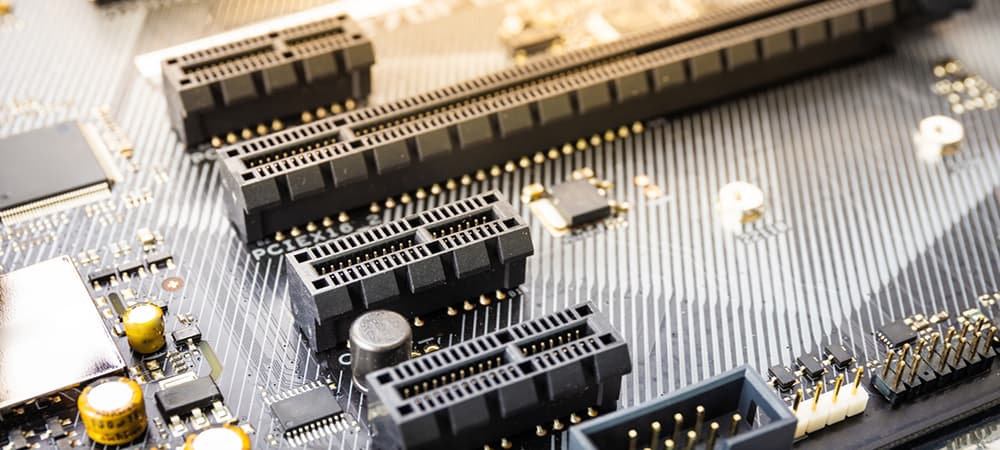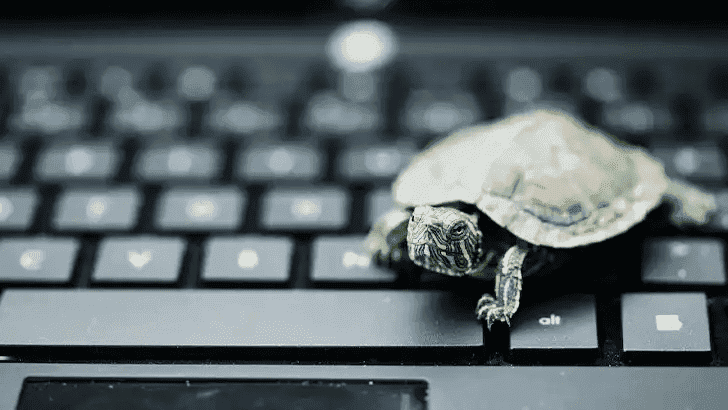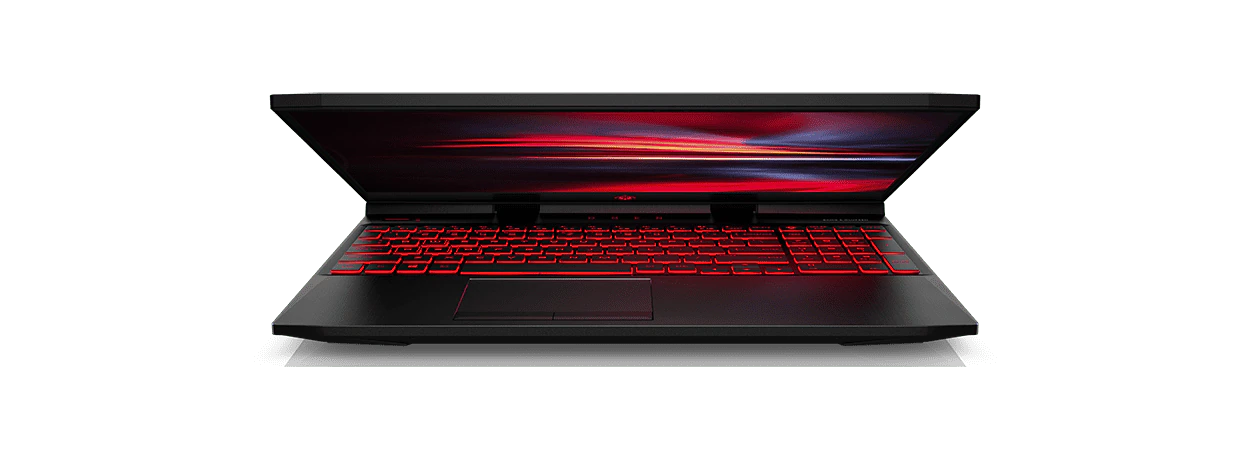Thank you for visiting the HONG KONG HP Store
-
Contact Us
CONTACT USChat with us
- Sales
- 85264507529(WhatsApp)
-

- Post Sales
- 85230016720(WhatsApp)
Mon-Fri 8.30am - 5.30pm
(exc. Public Holidays)
Live product demo
Store finder Locate our stores - Location
- My Account
Search
pc performance

-
Posted: March 15, 2023Categories: DesktopsRead more »
Ever wonder what makes a computer fast? In this article, we’ll talk about everything you need to know in order to build the fastest desktop computer for your budget, from choosing the ideal case design to installing and testing components.
If you’re considering a home build, you’ll be glad to know that putting a computer together isn’t necessarily that much more complicated than careful shopping. Here’s everything you’ll need to buy or think about before you get started:
-
Read more »
If you’re looking to build or upgrade your PC or simply want to learn more about the basics of PC hardware, it’s wise to start with PCIe. In this article, we’ll explain the basics of this piece of tech and offer an outline of the popular upgrade options and components you can add to your setup.
-
Read more »
Your computer’s BIOS, short for Basic Input/Output System, is a critical part of how your hardware operates from its first day of use to the last. BIOS helps manage the various components that add up to a modern computer, providing a stable and consistent way for devices to start up.
When you turn your computer on, your BIOS essentially tests and activates everything it needs to start running. Once it finishes testing components, it sends a signal to your operating system to activate and then hands over responsibility for program operation to the CPU. With modern computers, the term BIOS and UEFI (short for Unified Extensible Firmware Interface) are often used interchangeably to avoid confusion. The systems are comparable in purpose but differ in how they achieve the desired effect.
There are three primary ways to reset your computer’s BIOS or UEFI settings.
-
Posted: January 15, 2023Categories: MiscellaneousRead more »
If you’ve used a PC, chances are you’ve experienced a spike in central processing unit (CPU) temperature at some point. Sometimes, it’s the result of aging hardware. But it can also happen during periods of heavy use. Either way, having your computer overheat is a relatively common problem. Unfortunately it can have significant implications, often foreshadowing later issues or a decline in peak performance. That’s why we should all try to keep tabs on CPU temperature and know exactly how to check for it. Luckily, there are several different ways to do so, including a DIY method and a variety of software tools to consider.
-
Posted: March 11, 2022Categories: MiscellaneousRead more »
When you have too much clutter stored on your desktop or laptop PC, you can experience some serious performance issues. If you’re experiencing lag, freezing programs, or difficulty finding important documents, it may be time for a thorough cleaning of your computer’s hard drive.
Here’s how to clear up disk space and clean the hard drive on your desktop or laptop, even if you’ve never done it before.
-
Read more »If you're wondering if you should buy a new laptop or desktop, read this article to know when the right time to buy a new computer is.
-
Posted: March 17, 2021Categories: LaptopsRead more »High-quality graphics not only bring the game scape to life. They can also give you a broader perspective so you can play at your best and stay a step ahead of your competitors and enemies.
-
Posted: March 17, 2021Categories: DesktopsRead more »If you're using a computer right now, chances are you'll hear the gentle hum of a small fan if you listen closely. And if you have a hefty gaming computer with loads of processing power, the sound of a fan may be even louder.
-
Read more »Fortunately, understanding what RAM (Random Access Memory) is and learning how much RAM you need for your PC isn’t as complex as you may be led to believe.
-
Read more »
The digital age has turned us into instant gratification monsters who have zero tolerance for long load times and laggy processing. We expect our expensive tech to match our fast-paced worlds but the reality is that over time, slowdowns just happen.
From our smartphones to our laptops, slowdowns can occur for a number of reasons that may have nothing to do with the way you use your device at all. Whether you’re dealing with dated tech or malfunctioning hardware, being able to diagnose the cause of your slow down is the first step to coming up with a solution.
Before you give yourself a headache wondering “why is my laptop so slow?” we’ll break down the many common causes and fixes that could get your computer back up to speed. There are few things more frustrating than sudden slowdowns and inexplicable crashing. Sluggish PCs can interrupt your workflow and compromise productivity with a single crash.
If you constantly find yourself
CONTACT US
Chat with us
- Sales
- 85264507529(WhatsApp)
-

- Post Sales
- 85230016720(WhatsApp)
Mon-Fri 8.30am - 5.30pm
(exc. Public Holidays)
Live product demo
Store finder
Locate our stores


















